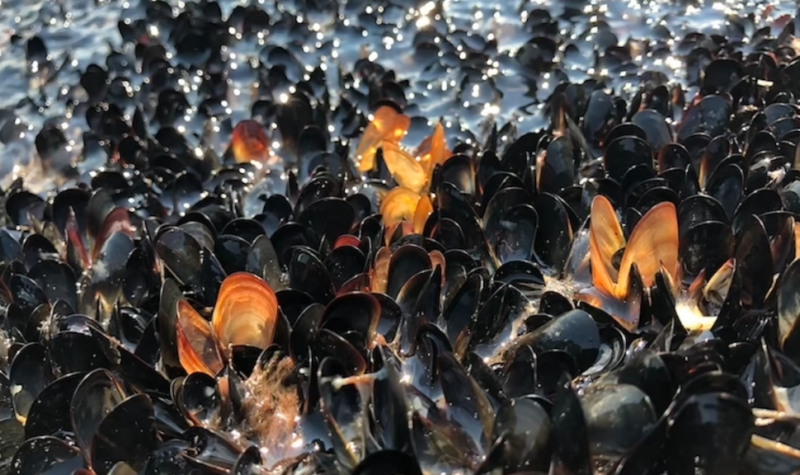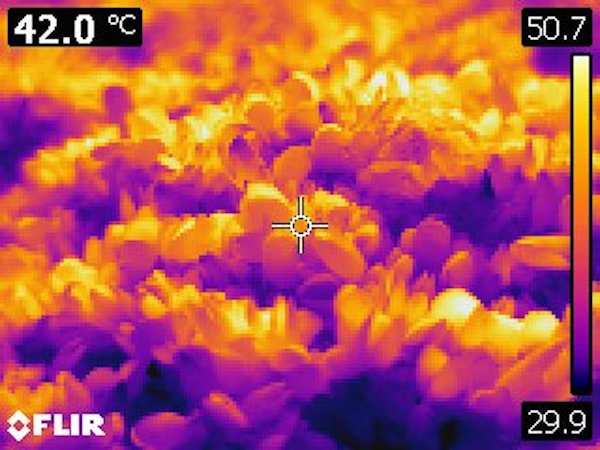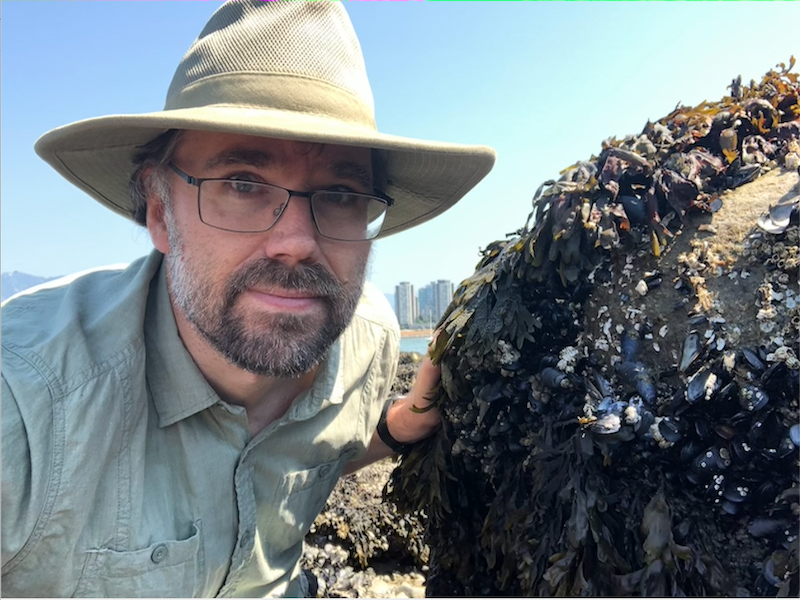Nearly a billion marine creatures may have perished in BC’s recent heat wave according to marine biologists at the University of British Columbia.
“We had some of the hottest weather we’ve ever had and it happened to be on days with very low, low tides and that combination was pretty lethal for a lot of things,” explained Dr. Chris Harley, a marine biologist at the University of British Columbia, in a recent report.
He said the death estimate was obtained through calculations of mussel populations.
“The numbers are really large because there were a lot of mussels to start with,” he said.
Harley has been receiving numerous reports of marine life die-offs in the 650 kilometres of coastline, as the crow flies, between Klemtu, BC, and the Hood Canal, in northern Washington.
For some Cortes Island residents, the first heard of these deaths when local shellfish grower Erik Lyon was interviewed by the CBC. He reported losses of between 5 per cent and 20 per cent on a comparatively wet site in Desolation Sound, but expected to see higher mortality rates elsewhere.
There also appear to have been an abnormally high number of shellfish deaths on at least two sites on Cortes Island.
Ricky Belanger, from the Discovery Passage Aquarium in Campbell River, reported seeing high numbers of dead cockles.
Harley said that mussels in the shade, or on a north facing surface, were probably okay. So were the oysters grown on rafts.
Large numbers clams, cockles and mussels perished on beaches.
Impact on surviving creatures
It is not certain what effect the heat wave will have on the health of surviving shellfish.
One of Harley’s students, Graham Brownlee, found that if California mussels experience enough warm days, they are likely to survive when temperatures grow hotter.
“The problem is that if it becomes so hot that they become stressed, and there is some internal damage that they suffer, then they are more vulnerable to all kinds of things. So the next hot day might be worse than if they had not already been compromised; they might be more vulnerable to predators, or pathogens, because they have been compromised,” said Harley.
He added that one of the big mysteries of climate change ecology around the level of heat and its impact.
“How often does a little bit of heating make you robust and able to do better? And how often does a little bit of heating set you up for failure when the next stress arrives?” he said.
Harley said he has seen smaller heats waves. In the early 2000s, he witnessed a mussel die off north of San Francisco. And there was another one in Bamfield, Vancouver Island.
But Harley believes that this recent die of is unique because of the unprecedented high temperature for this time of year; the number of marine animals and the variety of species that died; and the extent of the shoreline impacted, both close to the water and high on the shore.
Links of Interest:
- (Cortes Currents) Abnormally high number of shellfish deaths on Cortes Island
- (UBC) The Harley Lab (Coastal marine ecology and the impacts of climate change)
- (Cortes Currents) articles about, or mentioning, how warmer waters affect salmon
- (Cortes Currents) articles about, or mentioning, warming oceans




